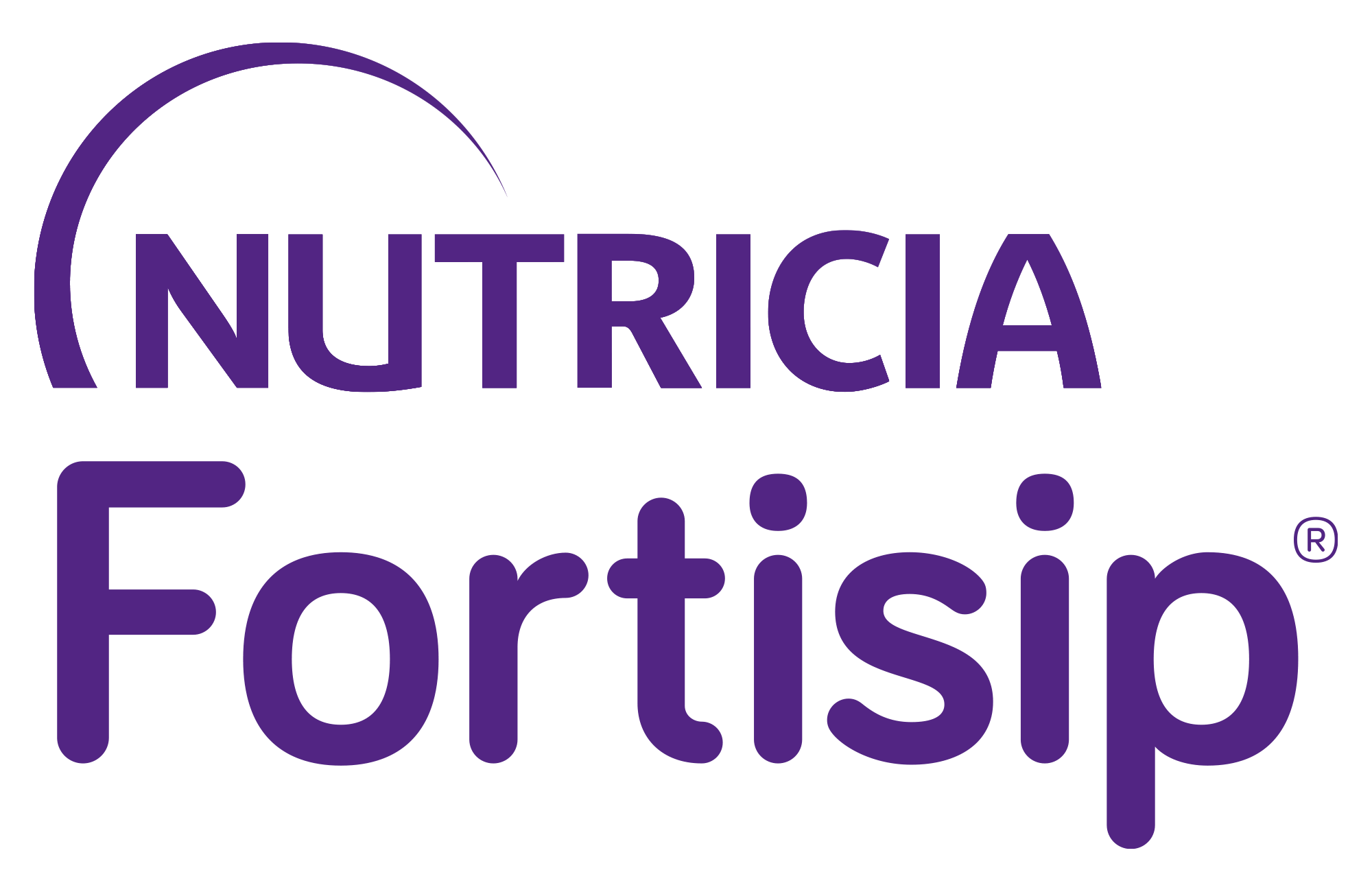Malnutrition Frequently Asked Questions
Link copied!
Related Articles

Overcoming malnutrition
If you or a love one have been diagnosed with malnutrition, you might be wondering how to get your health on track so you can get back to doing what you love. Here are 5 tips to help you start your journey to wellness today.

Causes of malnutrition
Malnutrition can be caused by a wide and varied list of factors. Diagnosis of an illness, physical limitations and the consumption of foods with low nutrient density, can all have a part to play. Find out more here.

